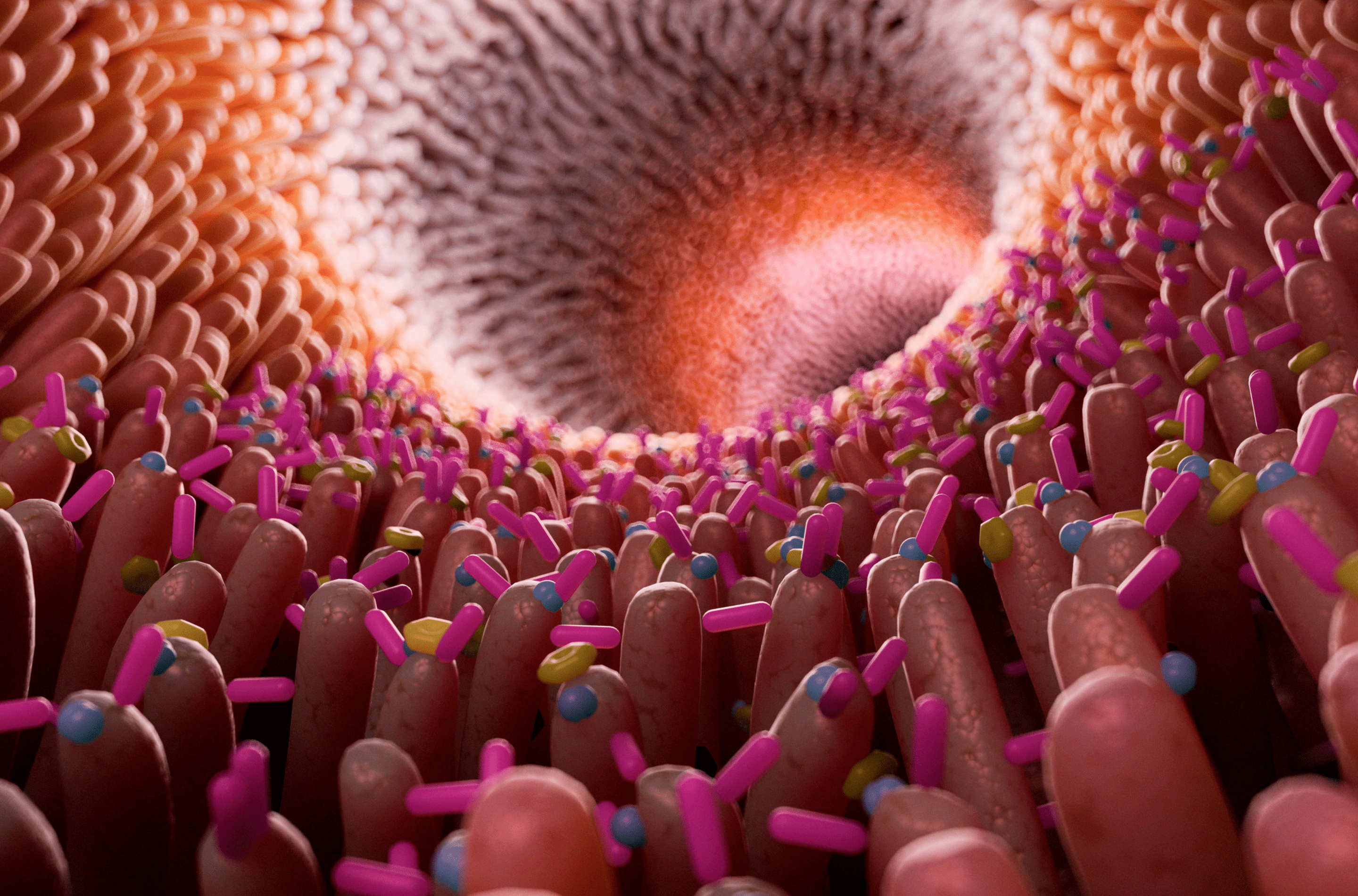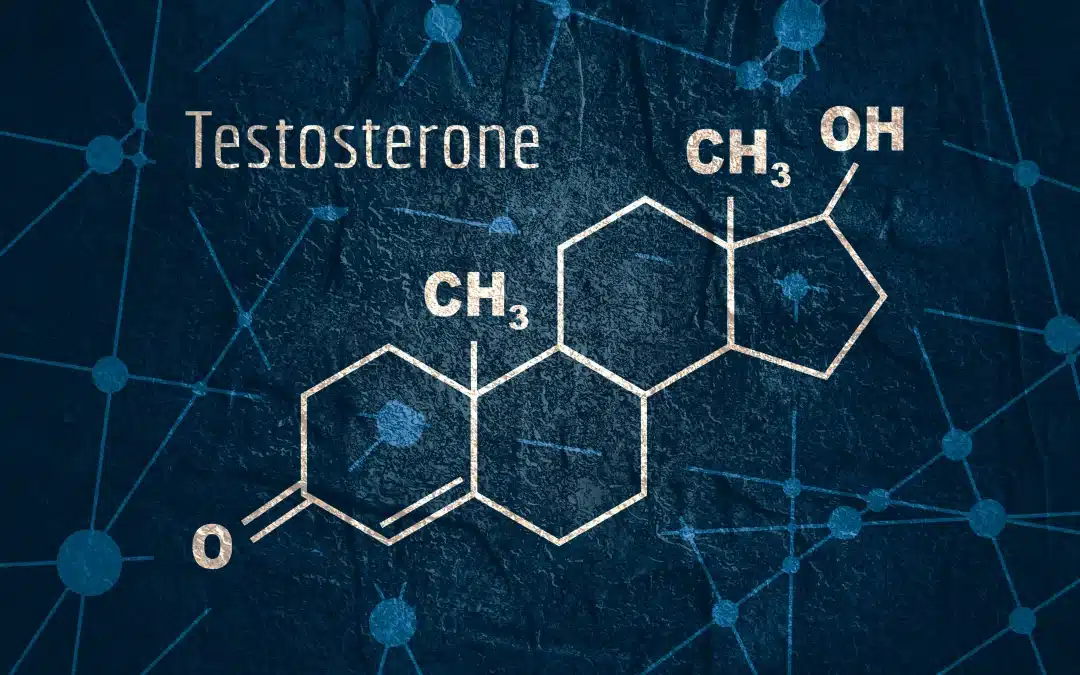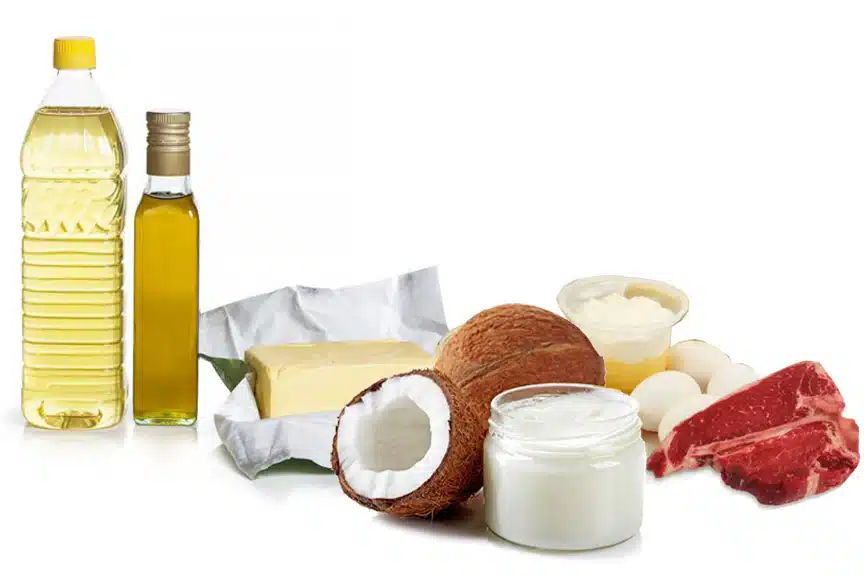Digestive issues can be a real pain. Bloating, gas, and general discomfort after eating can really disrupt your day. Digestive enzyme supplements have emerged as a popular way to help ease these issues and assist your body in properly breaking down food for better absorption.
These supplements are gaining traction as a natural approach to supporting gut health. But how do they actually function, and are they effective? Let’s explore digestive enzymes and see how they can potentially improve your digestion.
Our bodies naturally create digestive enzymes to break down food. But, sometimes our natural production isn’t enough, which leads to discomfort and difficulty absorbing nutrients, which is where supplements help.
Understanding Digestive Enzymes
Before discussing supplements, it’s important to understand digestive enzymes’ roles. Digestive enzymes are proteins that function as catalysts. They accelerate the chemical reactions that break down food into smaller molecules the body can absorb.
The Main Types of Digestive Enzymes
There are three main types of digestive enzymes, each with a specific role:
- Proteases: These enzymes break down proteins into amino acids.
- Lipases: These break down fats into fatty acids and glycerol.
- Amylases: These break down carbohydrates into simple sugars.
Our bodies produce these enzymes in the pancreas, stomach, and small intestine. However, insufficient natural enzyme production can lead to digestive problems.
The Benefits of Digestive Enzyme Supplements
For those with digestive troubles, digestive enzyme supplements can offer several potential benefits:
Improved Nutrient Absorption
By breaking down food more effectively, enzyme supplements can improve nutrient absorption. This is helpful for people with conditions like pancreatic insufficiency or inflammatory bowel disease.
Reduced Digestive Discomfort
Many find that enzyme supplements reduce bloating, gas, and indigestion. This is particularly true for individuals who have difficulty digesting certain foods like dairy products or high-fiber vegetables.
Support for Specific Digestive Conditions
Digestive enzyme supplements can be especially useful for those with specific health conditions. Individuals with pancreatic insufficiency may benefit from pancreatic enzyme replacement therapy (PERT), including lipase, amylase, and protease.
Common Types of Digestive Enzyme Supplements
Various digestive enzyme supplements are available, each designed for different digestive needs:
Lactase Supplements
Lactase supplements, such as Lactaid, help people with lactose intolerance. They contain the enzyme lactase, which breaks down lactose, the sugar in dairy products.
Taking lactase before consuming dairy can prevent bloating, gas, and diarrhea. Many with lactose malabsorption have seen significant results with enzyme lactase.
Alpha-galactosidase Supplements
Products with alpha-galactosidase, like Beano, help those who struggle to digest complex carbohydrates. These carbs are found in beans, vegetables, and whole grains.
These otc digestive enzyme supplements can reduce the gas and bloating that may come after eating these foods. Dietary supplements like this can also help treat sore muscles.
Broad-Spectrum Enzyme Blends
Many digestive enzyme supplements include a blend of different enzymes to support overall digestion. These may have a combination enzyme effect of proteases, lipases, amylases, and others to break down food.
The Science Behind Digestive Enzyme Supplements
While many people find digestive enzyme supplements helpful, let’s examine the research. Some studies show positive results, particularly for specific conditions:
Pancreatic Insufficiency
A clinical trial found that pancreatic enzyme replacement therapy improved nutrient absorption. It also reduced symptoms in patients with pancreatic insufficiency after pancreatic surgery.
For some, this might even improve their heart health. Always consult with a healthcare provider first though.
Lactose Intolerance
Research shows that lactase supplements help those with lactose intolerance digest dairy more comfortably. One study found that taking these supplements significantly reduced symptoms in people with lactose malabsorption.
Irritable Bowel Syndrome (IBS)
Some research indicates that digestive enzyme supplements may help with IBS symptoms. However, more studies are needed in this area to see if this is a viable option for those dealing with ulcerative colitis.
Choosing the Right Digestive Enzyme Supplement
With many options, choosing the right supplement can be challenging. Here’s what to consider:
Identify Your Specific Needs
Consider which foods cause the most discomfort. Then look for a supplement that addresses those issues. If dairy is a problem, a lactase supplement might be best. Always make sure that the products you choose are not past the expiration date.
Check the Enzyme Units
Look for products listing specific enzyme units, like Lipase Units (LU) or Amylase Units (AU). This helps you compare products and the effectiveness of their dosages. Some supplements prescription needs to be considered with the help of a doctor.
Consider Quality and Safety
The FDA doesn’t regulate supplements as strictly as medications. Therefore, choosing products from reputable manufacturers is vital. Seek supplements tested by third parties for quality and purity.
Organizations like the Natural Products Association and USP Quality Supplements offer seals of approval. These seals mean the supplements meet their standards.
Consult with a Healthcare Professional
Before beginning any new supplement, consult your doctor or a registered dietitian. They can help you determine if digestive enzyme supplements suit you. Your doctor can also provide personalized recommendations based on your needs.
If you’re on any blood pressure medication, a medical professional should be consulted to determine the right path. The same can be said if you have concerns about maintaining normal blood sugar levels.
Natural Sources of Digestive Enzymes
While supplements are beneficial, consider natural sources of digestive enzymes as well. Here is a useful table to visualize what natural foods contain enzymes to digest carbohydrates and more:
| Food | Enzyme(s) | Function |
|---|---|---|
| Pineapple | Bromelain | Breaks down proteins |
| Papaya | Papain | Breaks down proteins |
| Mango | Amylase | Digests carbohydrates |
| Honey | Diastase, Invertase | Multiple digestive functions |
| Bananas | Amylase, Glucosidase | Breaks down complex carbs |
| Avocados | Lipase | Digests fats |
| Kiwi | Actinidain | Breaks down proteins |
Adding these foods to your diet naturally supports your digestive health. This is useful if using health supplements alone or combining with natural digestive enzymes.
Potential Side Effects and Precautions
While generally safe, digestive enzyme supplements have some potential side effects:
Common Side Effects
Some may experience mild side effects like:
- Nausea.
- Diarrhea.
- Abdominal cramping.
- Headaches.
These are usually mild and subside as your body adjusts. Taking breaks between use can be helpful.
Allergic Reactions
Rarely, some may have an allergic reaction to supplements. If you have hives, difficulty breathing, or facial swelling, stop taking the supplement. Get medical attention immediately if you experience any of those.
Interactions with Medications
Digestive enzyme supplements might interact with certain medications, such as blood thinners and diabetes medications. Always check with your healthcare provider before starting any supplement, especially with prescriptions.
Special Considerations
Pregnant or breastfeeding women should consult their doctor before using digestive enzyme supplements. Also, people with conditions like pancreatitis or cystic fibrosis should use them under medical supervision.
Conclusion
Digestive enzyme supplements can significantly support digestive health. They help alleviate symptoms and enhance nutrient absorption. Whether it’s lactose intolerance, difficulty digesting specific foods, or general discomfort, they might help.
But, remember that these supplements aren’t a cure-all. They work best with a healthy lifestyle: a balanced diet, exercise, and stress management. Consider adding enzyme supplements as part of a broad approach.
If considering them, research thoroughly, pick high-quality products, and talk to a healthcare professional. With informed choices and lifestyle changes, you can achieve better digestive health. Improved digestive health will help your well-being.








